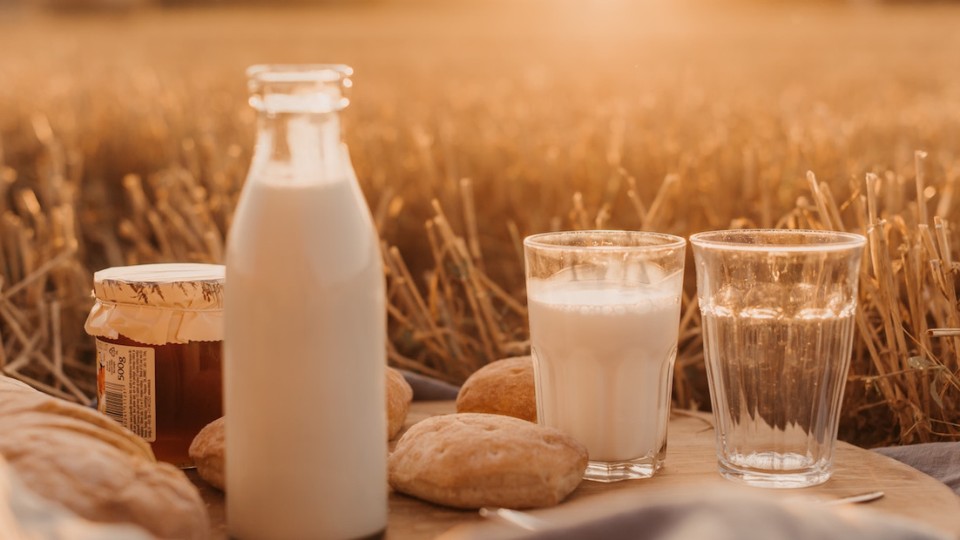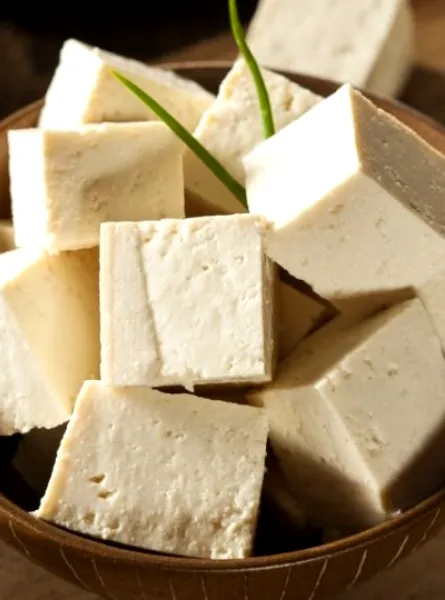
With the rise in lactose intolerance, plant-based beverages have gained popularity. While they cannot replace all the nutrients that cow's milk offers, plant-based beverages can be beneficial for individuals with allergies or aversions to milk. Here are the varieties of plant-based beverages and their advantages compared to cow's milk to help you make a more informed choice!
Should I choose soy milk?
Derived from soybeans, soy milk is the only plant-based beverage that contains a similar amount of protein (7-8g per cup) as cow's milk (9g per cup). It is preferable to prioritize enriched soy milk as they contain vitamins and minerals (vitamin A, D, B12, and calcium), making them comparable to cow's milk. Unenriched varieties tend to primarily contain sugar and water.
Should I choose almond milk?
Almond beverages, made from filtered water and almonds, are lower in calories per cup than cow's milk and other plant-based beverages. Enriched almond milk has the same amount of calcium as cow's milk and soy milk. However, its vitamin D content is lower, and almond milk contains very little protein.
Should I choose rice milk?
Rice milk is made by soaking and boiling rice grains. Rice beverages, like almond beverages, contain a low amount of protein. Although the calcium content remains consistent across all milk and plant-based beverages, rice milk has a lower vitamin D content.
Should I choose hemp milk?
Hemp milk is made by blending hemp seeds and water. With protein content roughly half that of cow's milk, hemp milk is also lower in vitamin D. An interesting fact about hemp milk is that it contains a significant source of essential fatty acids.
Are plant-based beverages healthier than cow's milk? No!
In short, plant-based beverages are not inherently healthier than milk. By consuming a variety of foods and leading a balanced lifestyle, incorporating plant-based beverages may be desirable. It is important to keep in mind that they do not replace cow's milk. Reading the nutritional label is important to understand what you are consuming.





